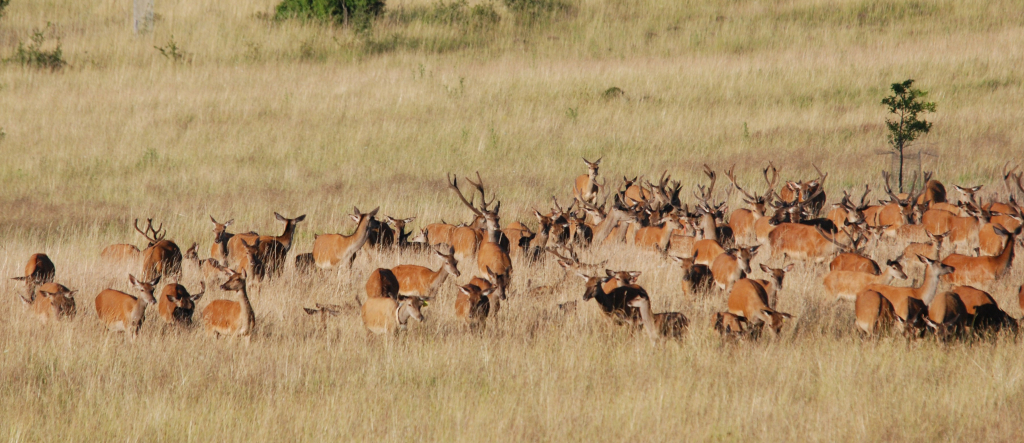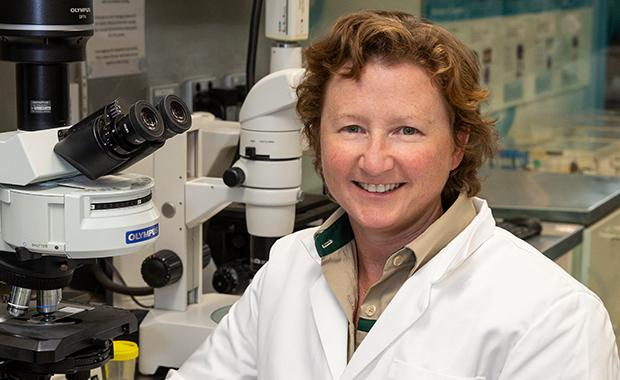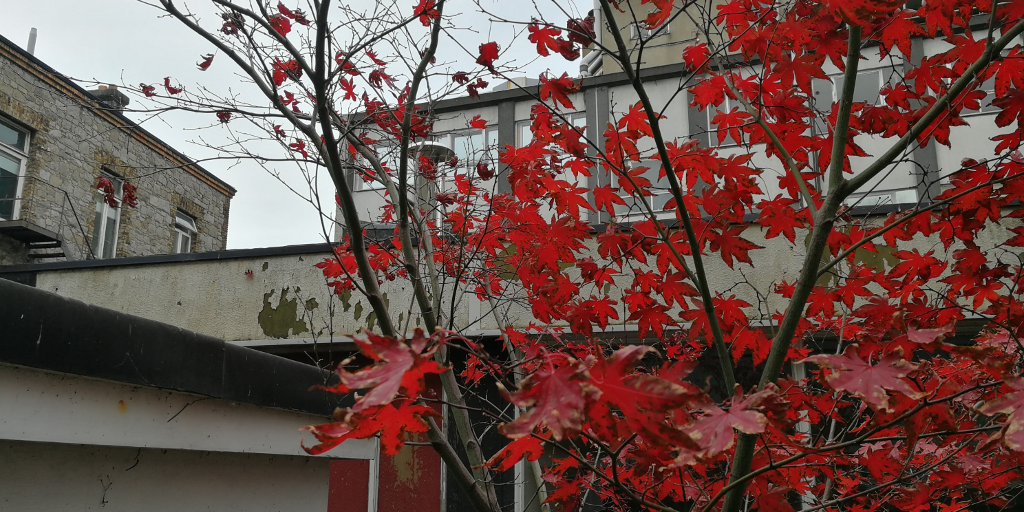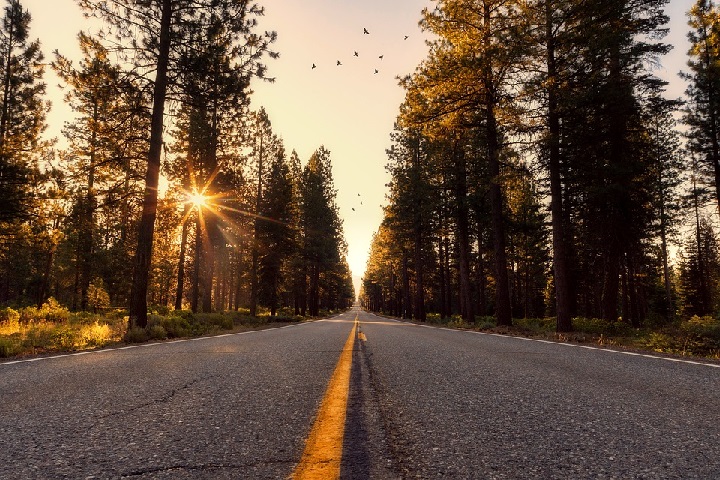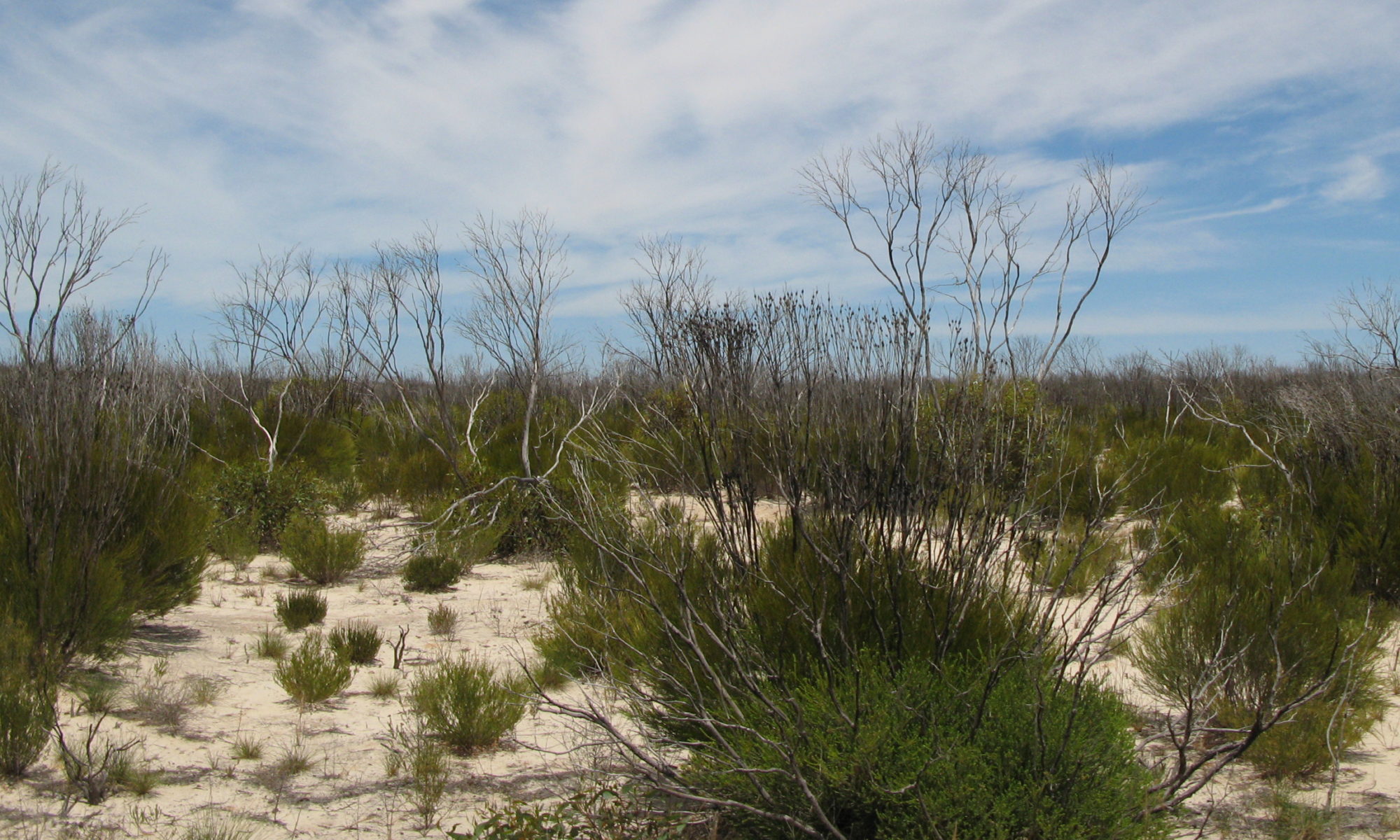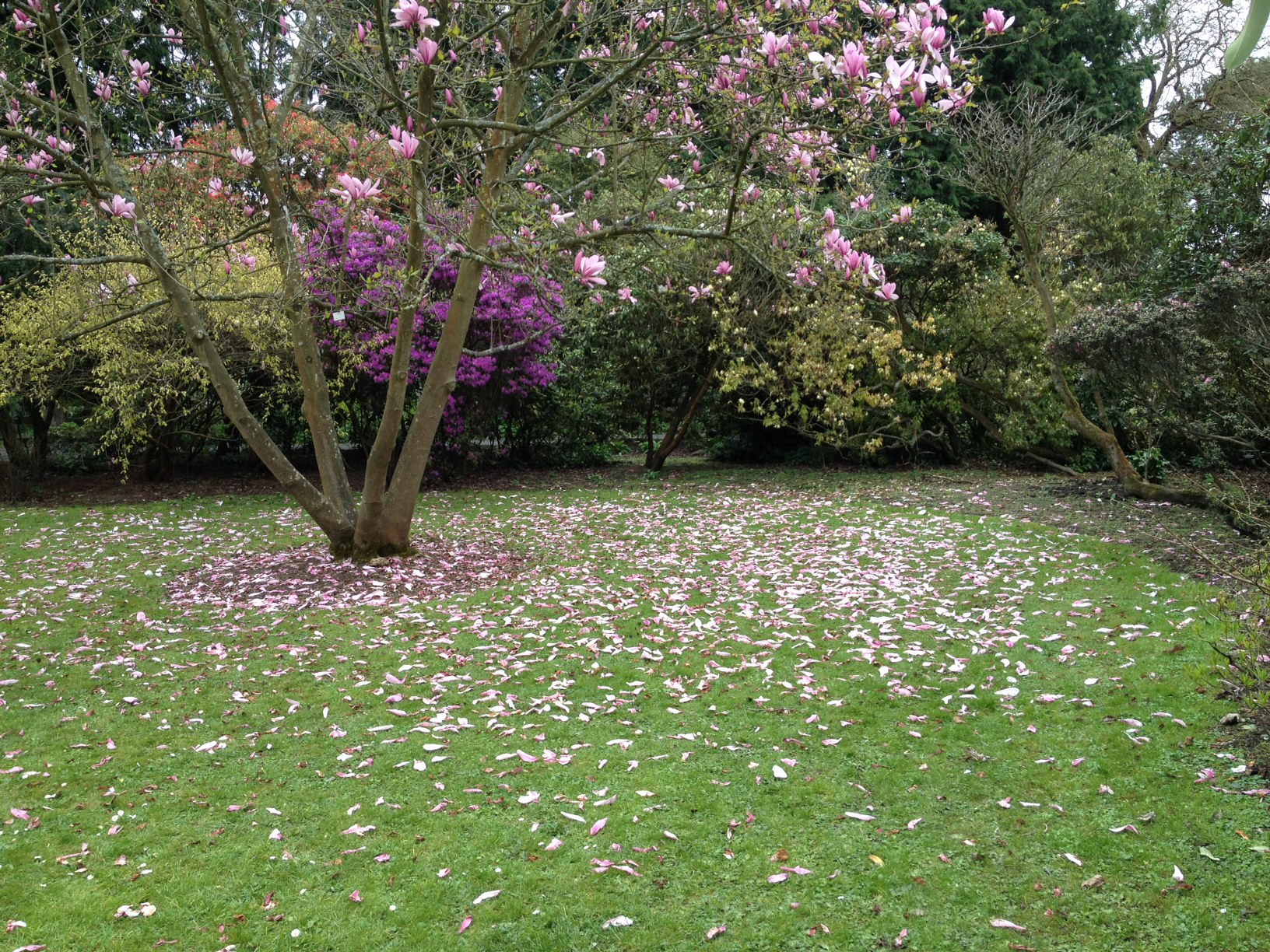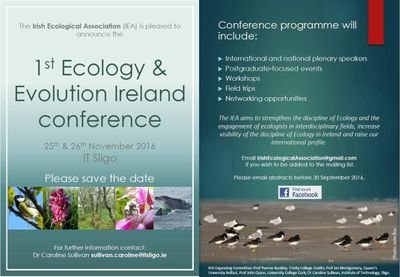Annabel Smith and Jana Eccard give an account of the Editor’s Choice paper of the June 2019 issue of the Journal of Applied Ecology: Grazing by wild red deer: Management options for the conservation of semi‐natural open habitats by Friederike Riesch and colleagues.
This post was originally published on The Applied Ecologists blog, where it is also available in German. The header photo was taken by Marcus Meißner.
It is widely accepted that semi-natural grasslands in Europe require active management to maintain biodiversity. Without management, woody shrubs typically replace grasslands and many plant species that have persisted for thousands of years will be lost from the area. This fact underlies ‘conservation grazing’ guidelines for managing livestock in semi-natural habitats, such as those embedded into EU agri-environment projects.
But is there a better way than livestock to manage biomass for conservation?
Continue reading “Wild and free: red deer grazing for conservation”
